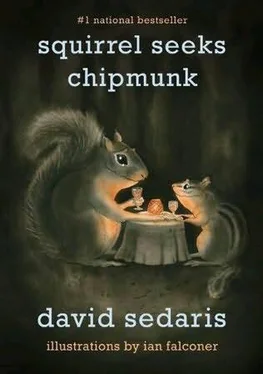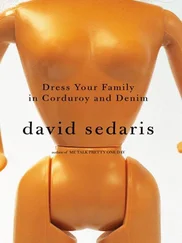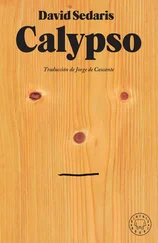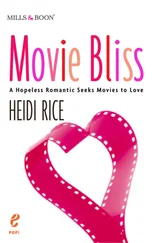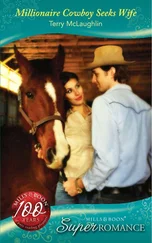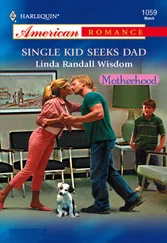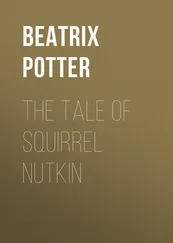“Cyclops,” her friends started calling her. As in, “Hey, Cyclops, you might want to keep an eye out for that rooster.” The only one who didn’t tease her was an underweight guinea hen whom the chicken had seen around but never really spoken to. “I don’t think it looks that bad, actually,” she said. “I mean, it’s part of what makes you you , right?”
The chicken had never thought about it this way and supposed the hen had a point. Though a missing eye was certainly nothing to be proud of, neither was it a reason to feel particularly ashamed.
“We’ve all got our little quirks,” the guinea hen offered. “Some are visible, and others are on the inside, where no one can see them. Me, for instance, I’m super compassionate, was born that way, I suppose. If I see someone suffering, it just bothers the heck out of me, no matter who it is. This worm, for example, got bitten by a centipede, and I sat up half the night, comforting him until he died.”
“But he was just a worm,” the chicken said. “Why didn’t you eat him?”
“Oh, I’m a vegetarian,” the guinea hen explained. “Grain is good enough for me, but even then I never have more than a few kernels a day. What with all the starving songbirds struggling to feed their families, it hardly seems fair to take more than we need.”
“But songbirds are trash,” the chicken said, and the guinea hen laughed, saying, “Well, then, I guess we could all use a little more trash in our lives.” She turned to admire a lark who perched singing on the low branch of a tree, and the chicken was struck by how thin she was and how her weight corresponded to a kind of inner peace. “Hello, little lark,” the guinea hen said. “Are you having a nice day?”
“What’s it to you, what’s it to you, what’s it to you?” the lark sang, and as the guinea hen offered her calm, beatific smile, a hawk swooped in and seized her in his mighty claws. The motion was fluid and almost beautiful. No beating of wings, just an effortless glide back into the sky and toward the distant treetops.
The lark roared with laughter, but the chicken used the incident as an opportunity to reflect and learn something. The hawk could just as easily have abducted her, but it did not. The question was, why? A less spiritual being might have taken a practical approach: the guinea hen was smaller and easier to carry. But that wasn’t the answer, and the chicken knew it. The hen had been killed because she empathized too much and was strange to boot. “Everybody’s different”; “Larks are worthy too.” She should have spent more time eating and less time running her mouth, that was the lesson here, and the chicken intended to follow it. From now on she would consume twice as much and be twice as ashamed of her missing eye. On top of that she would love the rooster with all her heart and go out of her way to criticize songbirds, who were all a bunch of thieving hillbillies.
…
A month after the guinea hen’s death, the chicken was so heavy her thighs chafed. Her ankles hurt pretty much all the time, and her neck had been completely denuded by the rooster, who’d had it with what he called “That pissedy-assed love-talk shit.” Something had moved into the hole formerly occupied by her left eye, but she refused to dwell on it. What few thoughts she allowed herself to entertain were reserved for the big things: death, mainly, and what might be learned in its aftermath. A fox stole into the henhouse one night and carried off the gray pullet, who screamed that she was too beautiful to die even as he was tearing a hole in her throat. Vanity, the chicken thought, and she swore off grooming herself or examining her reflection in the ditch. When a good-natured and sociable goose was struck by lightning, the chicken stopped talking altogether, much to the delight of the rooster.
“Gloomy,” they started calling her, and she spent more and more time alone. She was by herself in the henhouse one morning when she saw a snake glide toward a nest and swallow an egg, the entire thing, whole. It hadn’t been hers, but still she had to wonder what the unhatched chick had done to warrant such extreme punishment. It hadn’t existed yet, so harboring unnatural thoughts was out, as was being excessively vain. Having lived alone inside its shell, it could hardly be accused of being too social or of eating any less than its fair share. The egg’s crime, as far as she could see, was that it had been brown and roundish. Just like me, the chicken thought, and in that moment the farmer’s wife came up from behind and grabbed her by the throat.
The Parrot and the Potbellied Pig
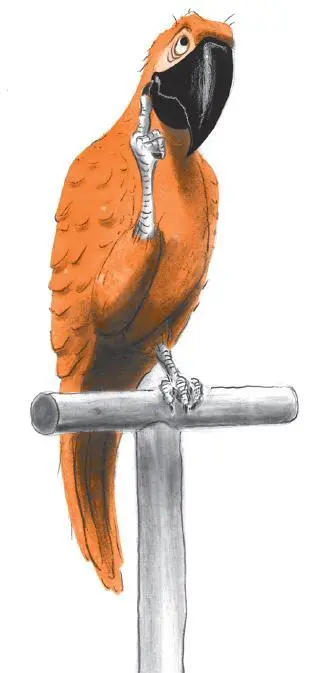
When asked why she’d chosen to become a journalist, the parrot was known to cock her head a half inch to the right and pause for a moment before repeating the question. “Why did I choose to become a journalist? Well, the easy answer is fairly obvious. Perfect recall is something I was born with, but I guess what really drives me is the money. That, and the free booze.” It killed her to follow this with “I was just joking about the money.”
The paper she worked at was called The Eagle, and she wrote for the Tempo section, which was later renamed Lifestyles and was now titled simply Living. Most of her stories were little more than puff pieces: interview the wealthy tortoise who’d shelled out money for the new speedway; cover the benefit gala for feline leukemia research, for hip dysplasia, for ringworm or heartworm or the Hookworm Anti-Defamation League. She wanted an opportunity to show her chops, and finally got her break when a potbellied pig took over as director of the local art museum. The Eagle wanted something simple-three hundred words, tops-but the parrot thought differently and scheduled a long lunch.
Her guest arrived on time, and, after ordering, they got down to business. “So,” the parrot began, “it’s a long way from Ho Chi Minh City to the much-coveted director’s chair of a noted museum. I’d like you to reminisce about the journey a little.”
“I’m sorry,” the pig said, “but I’ve never been to Ho Chi Minh City.”
“But you are from that region, are you not?”
“No,” the pig told her. “Not at all.”
The parrot ran her fat black tongue over the ragged edge of her upper beak. “I don’t mean to contradict you,” she said, “but I’ve done a little legwork, and it seems that you’re officially registered with your health-care provider as a Vietnamese potbellied pig. So let’s turn our thoughts eastward, shall we, and talk about your past.”
“Technically, yes, I am a Vietnamese potbellied pig,” the museum director said. “But that’s just a silly formality. The fact is that I was born in this country, as were my parents, and their parents before them.”
“I see,” the parrot said, and she scratched the word “self-hating” in her notepad. “So how will your ethnicity reflect itself in regard to our museum? Can we expect to see more Oriental art? A pricey new Ming Wing perhaps? Some big ‘Treasures of the Emperor’ extravaganza?”
“Nothing’s planned,” the pig said.
“But you wouldn’t rule it out?”
“Well, no, not completely, but-”
“That’s all I wanted to know,” the parrot said, and at that moment their lunch arrived.
It was she who had made the reservation, and in a flash of inspiration, she’d decided they’d go to Old Saigon. The fact that it was her idea would not be mentioned in the article. Nor would she add that the pig had never in his life used a pair of chopsticks and that he gripped them, one in each hoof, as if they were screwdrivers. During the meal-a few blades of lemongrass for him, a Mekong platter for her-they talked about this and that, but she wasn’t really engaged, busy as she was dreaming up a headline. “Museum Takes on Asian Slant” was good, but she’d have to fight hard to get it past her editor, who despised what she called “wordplay.”
Читать дальше
